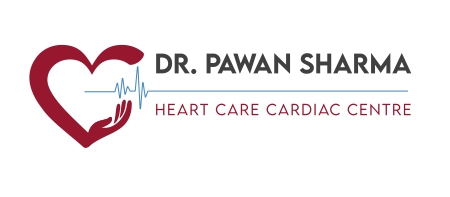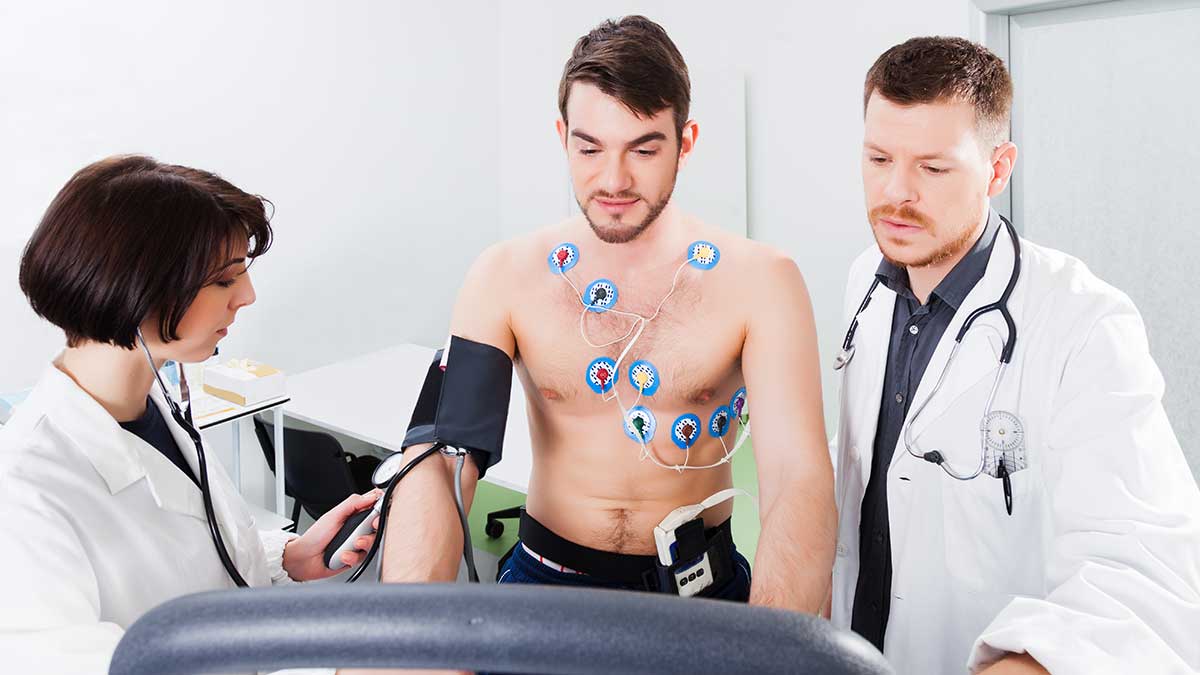TMT TEST : PROCEDURE, RISK AND RESULTS
A healthy heart is essential for the adequate functioning of the body’s organs. The significant factors that impact heart health include increased stress among people and changes in their lifestyles and diets. The TMT test (the treadmill test) is used to evaluate heart function in persons with diabetes who are at risk for heart disease, have a past of heart disease, or have undergone cardiac treatment.
The TMT test measures how far your heart can go before experiencing irregular heart rhythms or decreased blood supply to the heart muscle. Doctors use this test to monitor your heart’s response to physical exertion. If you need a TMT test, you can find a reliable diagnostic center near you that offers state-of-the-art technology and experienced lab personnel to perform the test quickly and accurately.
An exercise ECG (electrocardiogram) or a cardiac stress test is often known as a treadmill test (TMT). The treadmill test is a standard procedure used to determine the following:
• How well your heart pumps blood
• Whether or not your heart receives enough blood supply
• How do you compare to other persons your age and gender in terms of physical activity (riding a treadmill or stationary bike)
• If your indicators, such as shortness of breath, chest discomfort, a racing heart, or even dizziness, can be replicated while engaging in physical exercise
This makes it easier to discover and evaluate specific heart problems, such as:
• Muscle or valve problems
• A sufficient blood supply to your heart muscle
• Your heart’s electrical stability during rest and exercise
This treadmill exercise stress test assists doctors in determining if you require extra, often more intrusive, testing to validate a diagnosis or if the treatment lowers your chance of having a heart attack and makes you feel better.
This test may be required to diagnose heart abnormalities such as:
• Congenital heart disease.
• Cardiovascular disease.
• Coronary artery disease (CAD).
• Cardiomyopathy with hypertrophy.
People who work in high-risk occupations, such as pilots or professional sports, may also require stress tests.


